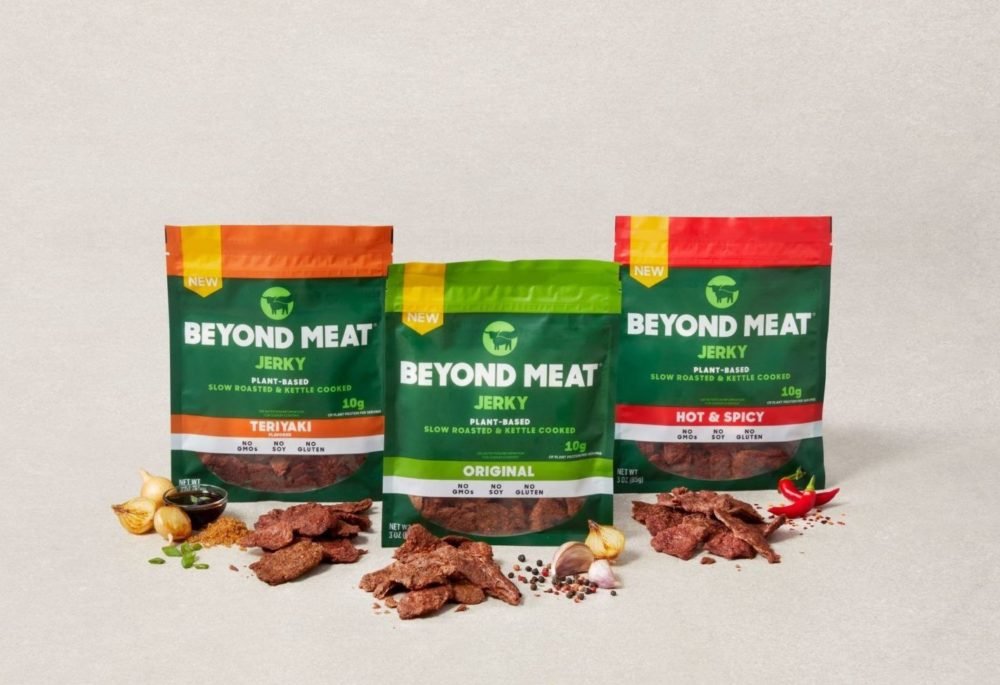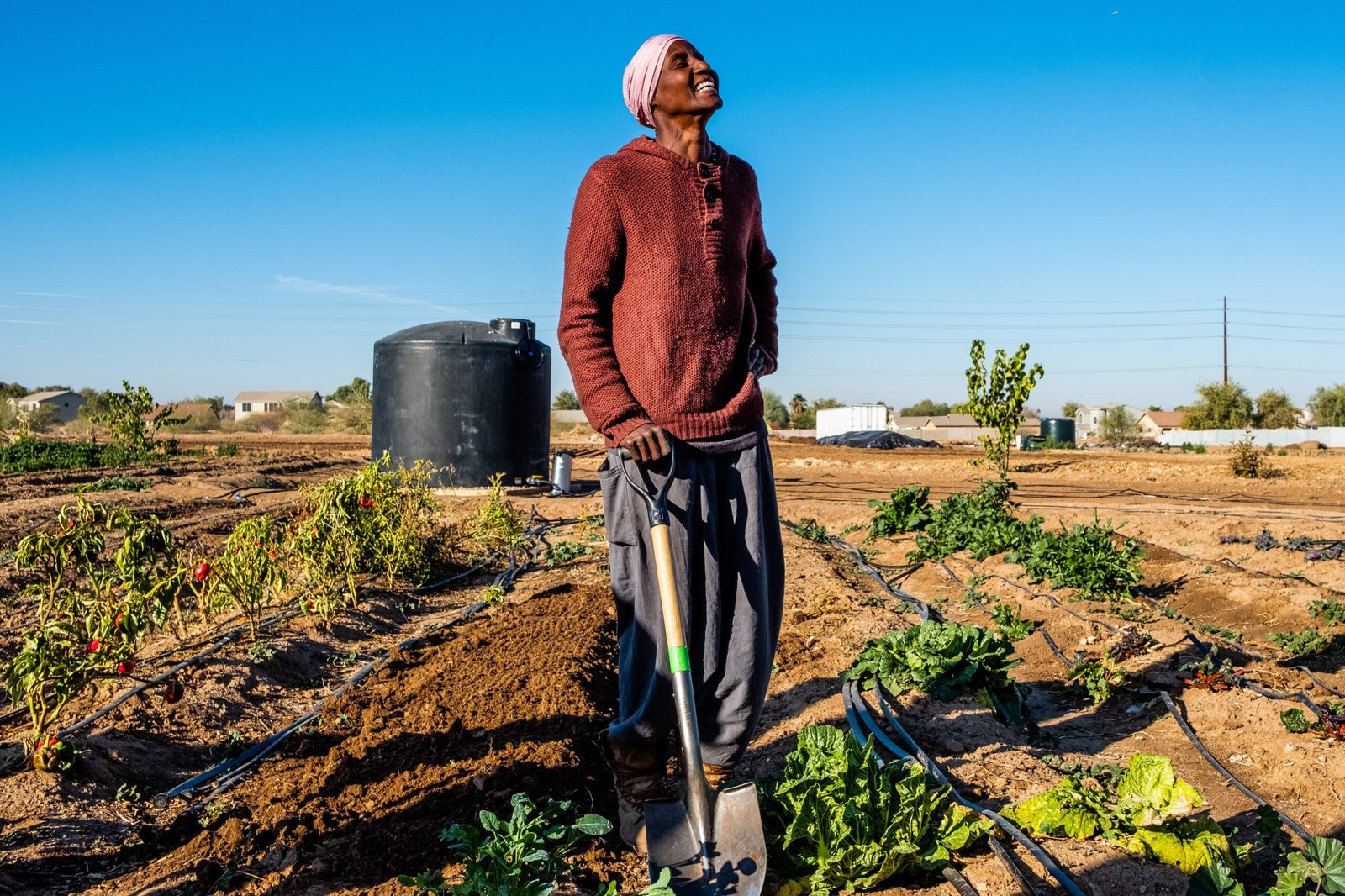A survey of 7,500 adults across six markets conducted by Edelman Data and Intelligence at the behest of the Organic Trade Association found that while many consumers’ top food and beverage concerns closely align with the core values addressed by the National Organic Program and many hold “strong positive impressions both around organic products and practices,” those impressions “didn’t necessarily translate to their purchasing behavior,” Darci Vetter, senior advisor with Edelman Global Advisory, told attendees this week at the Organic Trade Association’s annual policy and legislative conference in Washington, DC.
She explained that the research found 79% of Americans were somewhat or very concerned about the use of chemicals in farming practices, 71% were somewhat or very concerned about the treatment of farm workers and those who work in food processing facilities, 76% worried about the environmental impact of the food industry, 75% were concerned about the treatment of animals by the meat and dairy industry and 72% worried about the use of genetically modified organisms in farming.
Likewise, many Americans also understood that these values are represented by organic certification, but at slightly lower levels.
For example, 68% of Americans believe organic products do not contain pesticide residues, 65% perceive organic to be healthier than conventional and 64% know that organic products do not contain GMOs, according to the research.
Similarly, the research found that most – but still fewer – Americans believe organic is better for farmers and livestock with 63% reporting that buying organic supports small farms, 60% believing organic is better for animal welfare and 60% saying organic farming is “more ethical” than conventional farm, Vetter reported.
Organic claim less influential than ‘natural,’ ‘clean’ and others
Despite these positive perceptions, the research revealed many shoppers are more likely to purchase products making single-value or ambiguous claims that are not clearly defined or regulated rather than organic claims.
“Some of the labels that people look for and said, ‘If I see this I will choose a product,’ refer to things that are already in the organic certification,” such as raised without antibiotics, which came in at the top at 61%, Vetter said.
But other claims that were more influential than organic were also less rigorous, including “all natural,” which is not defined, but which 60% listed as influential, and clean, which 56% of respondents cited, Vetter said.
These were notably higher than USDA organic, which only 54% of Americans said would likely impact their purchases, she added.
“I often think of organic as being more than the sum of its parts, but what we’re seeing here is the fact that many of those parts were influencing consumer behavior, but organic was less,” Vetter said.
She hypothesized that “part of that might be because people don’t know what is in the standard.”
For example, the research showed that more than 40% of consumers didn’t know if organic required livestock to be fed an organic diet, if organic products were kept separate from non-organic products, prohibited the use of GMOs and genetic engineering, were grown with organic seeds, gave outdoor access to poultry and livestock or if hydroponic products are allowed under the organic certification.
Strategies for building trust in and awareness of organic’s values
So, how can the organic industry better build consumer trust?
For starters, Vetter said, establishing a go-to source for Americans to learn about organic.
She noted that currently there is no overwhelmingly dominant source for information about organic, but rather a highly fragmented listed topped by friends and family, which represents only 24%. The second and third most popular sources at 17% each are social media and food or cooking publications – all of which are notoriously not reliable, Vetter said.
The ostensibly most reliable source – the state and federal government sources and USDA which oversees the organic program – are among the least trusted sources, with only 11% of consumers noting it is a place they go for information.
Making information about organic more accessible and easier to understand also could boost consumers’ perceptions about organic products and standards, according to the research, which found only 24% of the US general population strongly believe there is enough accessible information and only 21% believe it is easy to understand.
Leveraging food-forward consumers
An outlier among the population on this topic is a group called “food forwards,” which constitute about 28% of the US population and which the research defines as enjoying new foods, following food trends, considering themselves a foodie and often share information about food and products with others in person or via social media.
Given Americans’ proclivity for gathering information from family, friends and social media, Vetter said this group represents significant opportunity for the organic industry to share information and encourage trial and repeat purchases of organic products.
“Overall what we see is that trust to some degree is being held back by a lack of familiarity and standards, but there are certainly opportunities to swing at least a quarter of those consumers to make sure they understand what is behind the organic label. So, use that as an opportunity to build trust,” she said.
She also echoed other presenters at the OTA event who encouraged the organic industry to partner with other communities that share similar values and to raise the industry’s profile on front-of-mind issues, including diversity and equity, sustainability and worker and animal welfare.













